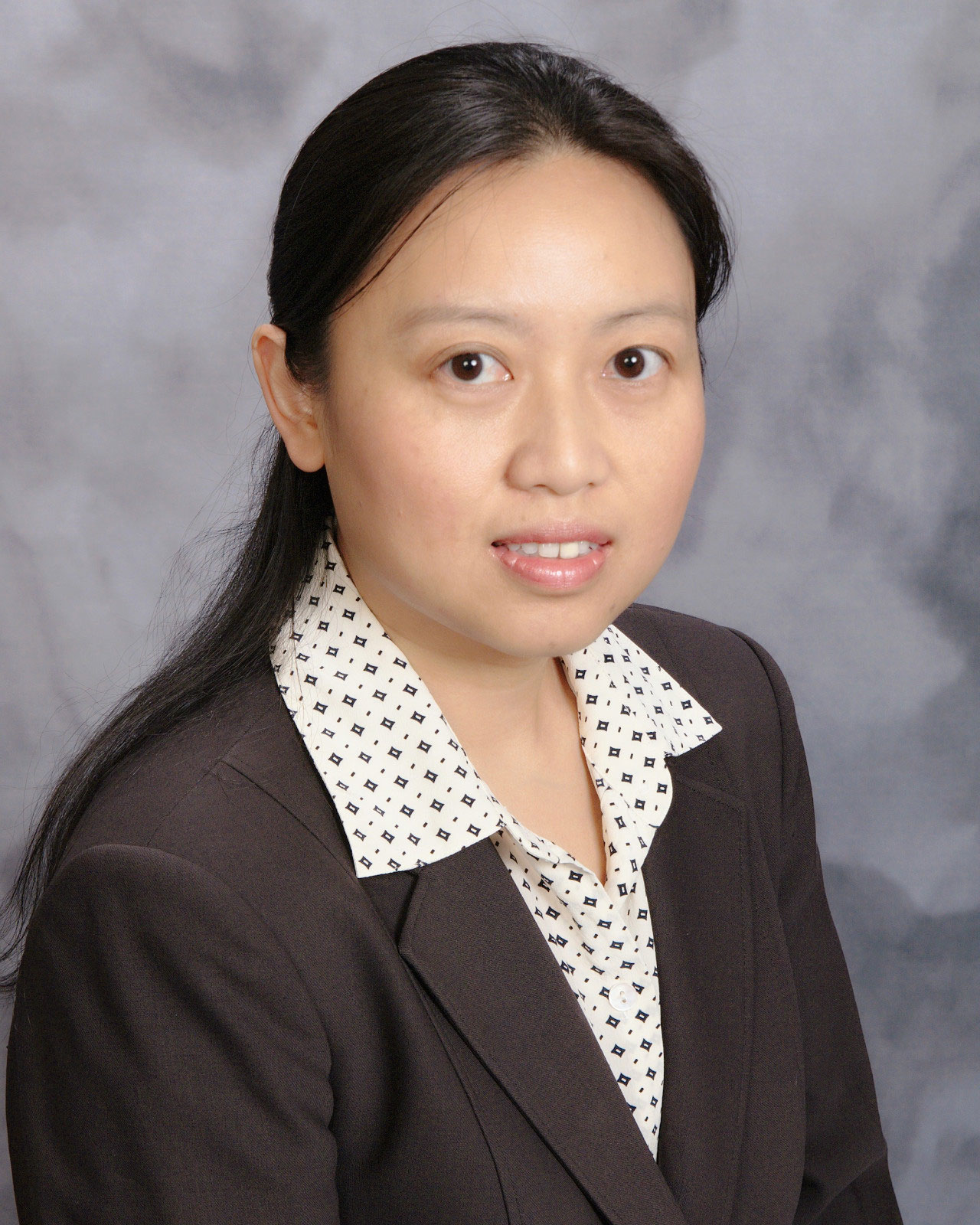Accolades
2021 Dunavant Faculty Professorships
Melloni Cook, Psychology
 Dr. Melloni Cook joined the faculty in the Department of Psychology at the University of Memphis in
2003. She received a doctorate from The Pennsylvania State University in 1996 and
carried out postdoctoral studies in the Laboratoire de Neurogénétique et Stress at
the University of Bordeaux II, France and the Genomics Institute/Wadsworth Center,
New York State Department of Health, Albany, NY. She routinely teaches an Animal Behavior
Course and a Behavioral Pharmacology course. She has served in many roles and on numerous
committees across campus. Among her many roles, she is currently the Associate Chair
of Research Initiatives in the Psychology Department, Director of the Master’s in
General Psychology Program, and Chair of the University’s Academic Integrity Committee.
Dr. Melloni Cook joined the faculty in the Department of Psychology at the University of Memphis in
2003. She received a doctorate from The Pennsylvania State University in 1996 and
carried out postdoctoral studies in the Laboratoire de Neurogénétique et Stress at
the University of Bordeaux II, France and the Genomics Institute/Wadsworth Center,
New York State Department of Health, Albany, NY. She routinely teaches an Animal Behavior
Course and a Behavioral Pharmacology course. She has served in many roles and on numerous
committees across campus. Among her many roles, she is currently the Associate Chair
of Research Initiatives in the Psychology Department, Director of the Master’s in
General Psychology Program, and Chair of the University’s Academic Integrity Committee.
The common goal of her research endeavors has been to characterize how genes (in interaction with the environment) influence complex traits. Forward- and reverse-genetic approaches have been the foundation of her work. Respectively, these approaches allow for the identification of genes underlying phenotypes (forward) and characterization of phenotypes resulting from gene alterations (reverse). Her research uses traditional inbred mouse strains, segregating crosses, recombinant inbred lines, mutagenized mice, consomic lines, and genetically engineered mice to understand genetic contributions to complex traits.
Stress affects the emergence of alcoholism and anxiety disorders. A significant portion of her work has sought to understand the genetic basis of variation in responses to stress, ethanol, and their combination. Understanding how adaptive behavioral changes to stressors influence the occurrence of anxiety- and alcohol-related disorders may shed light onto the relationship between these disorders, as well as the mechanisms through which they are mediated.
Dr. Cook’s hope is that we can identify genes and gene networks involved in complex phenotypes (like anxiety, stress, schizophrenia, drug use and abuse, etc.), with the goal of better understanding the neurocircuitry and pathways underlying these behaviors. A full list of publications can be found on Cooks faculty profile.
Xiaohua Huang, Chemistry
 Dr. Xiaohua Huang received her PhD in Analytical Chemistry from Georgia Tech in 2006. After postdoctoral
training at Georgia Tech and Emory University, she joined The University of Memphis
as an assistant professor in 2010, promoted to associate professor in 2016, and professor
in 2021.
Dr. Xiaohua Huang received her PhD in Analytical Chemistry from Georgia Tech in 2006. After postdoctoral
training at Georgia Tech and Emory University, she joined The University of Memphis
as an assistant professor in 2010, promoted to associate professor in 2016, and professor
in 2021.
Dr. Huang is working in the field of cancer nanomedine. She has been devoted to develop new technologies for cancer detection and treatment using unique properties of metal nanoparticles and high sensitivity optical spectroscopy and imaging. Her recent research is focusing on new generation exosome-based liquid biopsy for early detection of cancer and metastasis. Dr. Huang’s research has been continuously founded by National Institutes of Health.
Dr. Huang has published ~ 60 peer-reviewed journal articles. Her publications have received extremely high recognition, with over 30,000 total citations. Her papers at the University of Memphis were published on many high impact journals such as Chemical Society Reviews, Theranostics, ACS Applied Materials and Interfaces, Nanoscales, and Nanomedicine. Dr. Huang is an associate editor for Nanotheranostics and guest editor for Nanomaterials. Within past four years, she has served as a review panel member on seven NIH study sections. She has reviewed numerous manuscripts for over 26 journals world wide.
Lan Wang, Computer Science
 Lan Wang is Professor and Chair of Computer Science. She received her B.S. (1997) in Computer
Science from Peking University, China, and Ph.D. (2004) in Computer Science from the
University of California, Los Angeles. Her research focuses on improving the scalability,
reliability, and security of cyber-physical systems and the global Internet. She
has received multiple major research grants from NSF, NIST, and DoD as well as several
grants from the university. In the past 10 years, she has been collaborating with
researchers from more than a dozen institutions to develop the Named Data Networking
(NDN) Internet architecture which has received over $20 million from NSF and funding
from DoD, NIST, and industry. She has also been leading the NIST funded Map901 project.
In addition, she has worked on multi-modal sensor system for target tracking, radar-based
system for target material classification, secure data sharing among autonomous vehicles,
and health monitoring sensor networks.
Lan Wang is Professor and Chair of Computer Science. She received her B.S. (1997) in Computer
Science from Peking University, China, and Ph.D. (2004) in Computer Science from the
University of California, Los Angeles. Her research focuses on improving the scalability,
reliability, and security of cyber-physical systems and the global Internet. She
has received multiple major research grants from NSF, NIST, and DoD as well as several
grants from the university. In the past 10 years, she has been collaborating with
researchers from more than a dozen institutions to develop the Named Data Networking
(NDN) Internet architecture which has received over $20 million from NSF and funding
from DoD, NIST, and industry. She has also been leading the NIST funded Map901 project.
In addition, she has worked on multi-modal sensor system for target tracking, radar-based
system for target material classification, secure data sharing among autonomous vehicles,
and health monitoring sensor networks.
Prof. Wang received the 2019 Alumni Association Distinguished Research Award in Science, Engineering, and Mathematics and the 2020 College of Arts and Sciences Distinguished Research Award (CASDRA) from the University of Memphis.
